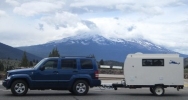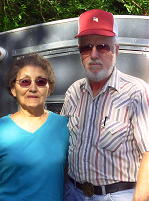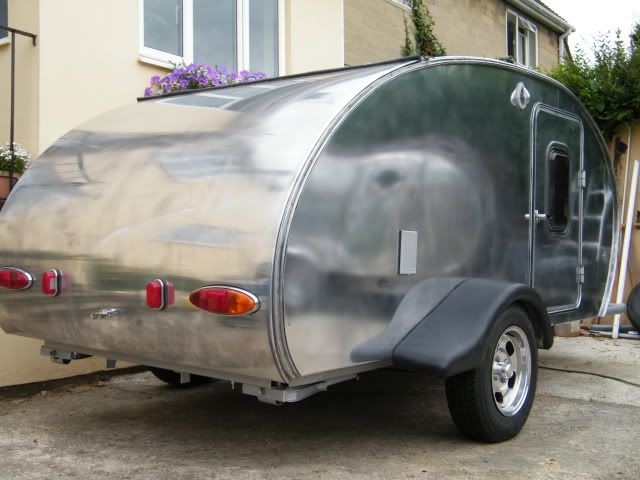I agree that wire nuts are not the best solution and he may have to go bigger. I'd throw some electrical tape around 'em, too, to help hold them in place. I wouldn't want to go bouncing down the road and have one of those nuts work its way off! (It would be better to use terminal and ground busses, if possible.)
Most, if not all, WFCO converters have fuses in them to protect the wire lines.
How to connect a converter to existing 12V circuit?
26 posts
• Page 2 of 2 • 1, 2
...Sharon....
I think I can...I THINK I can...I THINK; I CAN! (I think I did it!)
http://www.doityourselfrv.com/handcraft ... g-trailer/
viewtopic.php?f=50&t=27313&start=555
http://www.squidoo.com/painting-a-campi ... ramebuster

I think I can...I THINK I can...I THINK; I CAN! (I think I did it!)
http://www.doityourselfrv.com/handcraft ... g-trailer/
viewtopic.php?f=50&t=27313&start=555
http://www.squidoo.com/painting-a-campi ... ramebuster
-

S. Heisley - Super Lifetime Member
- Posts: 8869
- Images: 495
- Joined: Mon Sep 17, 2007 10:02 am
- Location: No. California
The WFCO 9800 series converters have fuses ONLY to protect the converter in event the battery is connected in reverse polarity. They'll 'blow' after one second of reverse connection. Of course then there is no current flowing thru the converter & I'm not sure if there'd be any damage to 12vdc lights from a reverse connection from the battery. Other appliances connected to such might experience damage or perhaps not even work?? I just hate to see any circuit without some kind of fuse/breaker, especially in a mobile environment.
Harvey -
- - - - - - - - - - - - - - - -
Doing the right thing ain't always easy but, . . . it's always right!
- - - - - - - - - - - - - - - -
Doing the right thing ain't always easy but, . . . it's always right!
-

Nobody - 1000 Club

- Posts: 1196
- Images: 342
- Joined: Wed Jan 25, 2006 1:09 pm
- Location: Benton, Arkansas

 You rarely have to replace a breaker.
You rarely have to replace a breaker.
